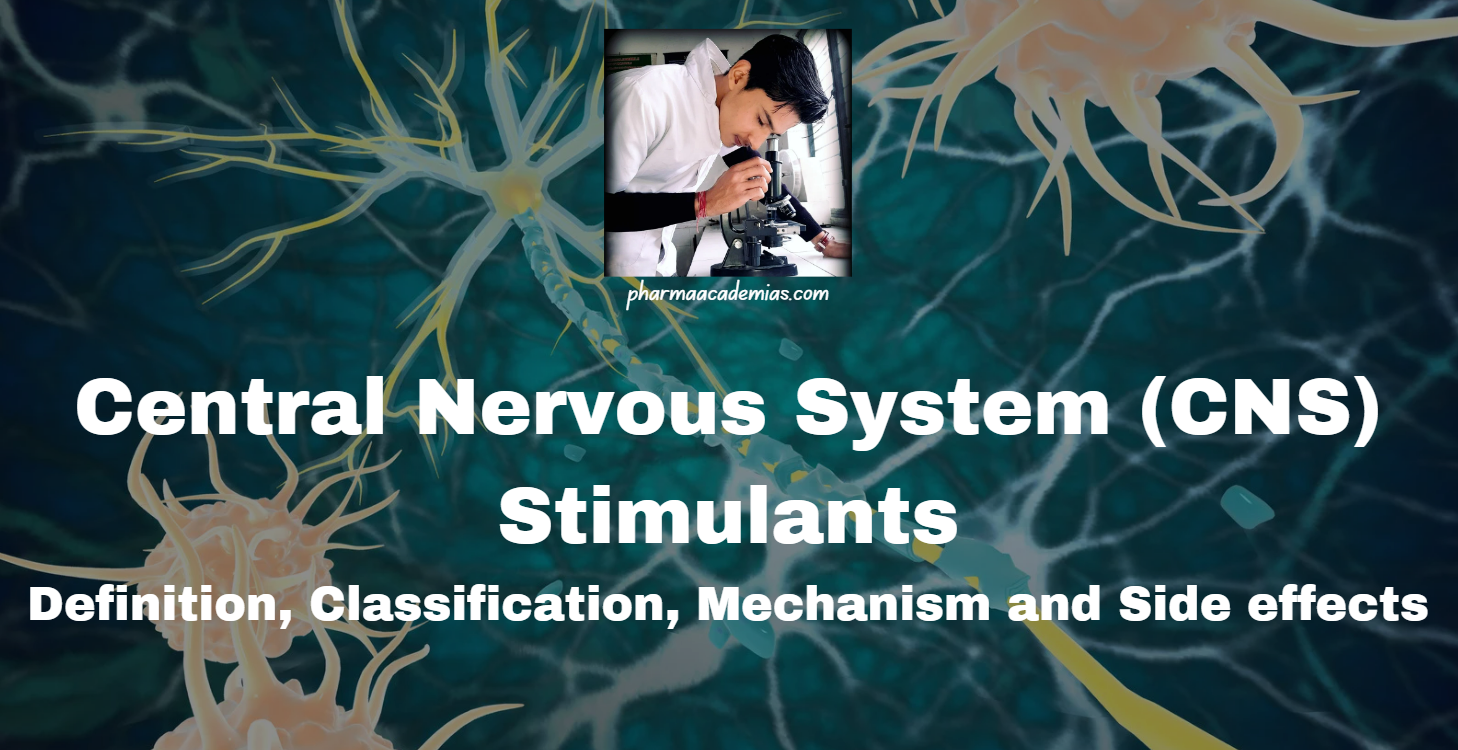Central Nervous System Stimulants
Central Nervous System Stimulants Central Nervous System (CNS) Stimulants comprise a diverse and pharmacologically significant class of psychoactive substances that exert excitatory effects on the brain and spinal cord. These agents function primarily by enhancing the synaptic activity of various excitatory neurotransmitters—most notably dopamine, norepinephrine, and serotonin—resulting in a heightened state of mental alertness, elevated … Read more




 Join Our Telegram Channel
Join Our Telegram Channel